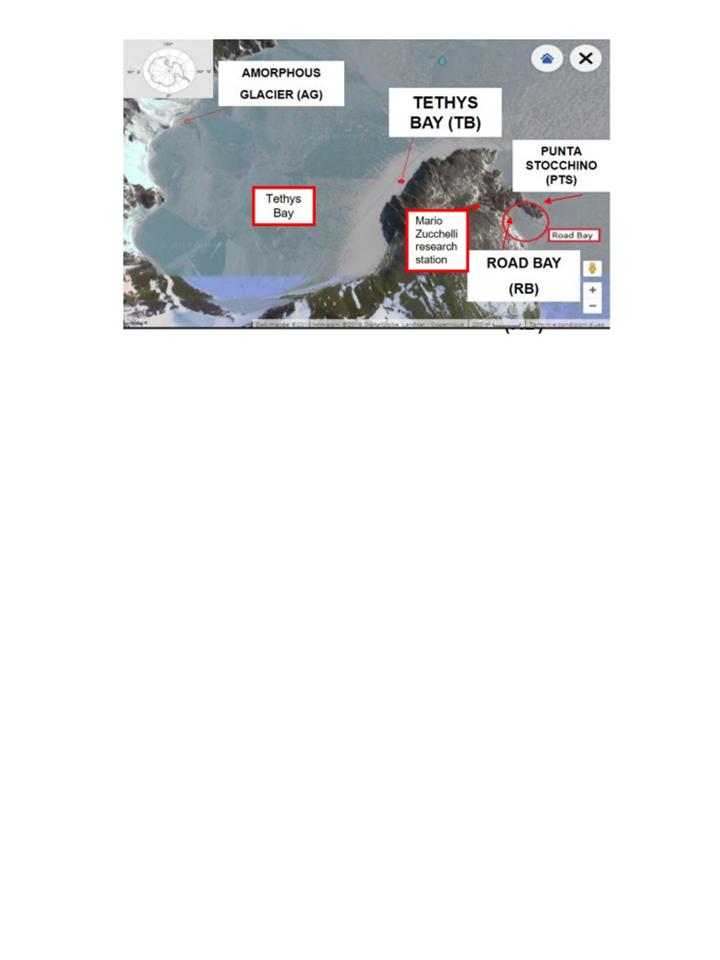MICROFAUNA
Type of resources
Topics
INSPIRE themes
Keywords
Contact for the resource
Provided by
Years
Formats
Representation types
Update frequencies
status
Scale
-

The ANT-Biofilm research project (PNRA16_00105) concerned the study of microbial colonization processes in coastal environments of Terra Nova Bay (Ross Sea), through the analysis of the microbial biofilm (bacteria, microalgae) and macrobenthic settlement on plastic substrates, with the aim of determining their possible variations caused by natural or anthropogenic disturbances (variations in salinity or the presence of contaminants, respectively). Microbial biofilms, which play a key role as a substrate for larval settlement of many species of invertebrates, constitute hot-spots of microbial diversity; and it is also known that the communities a microbial are capable of responding rapidly to changing environmental conditions, acting as potential "sentinels" of natural or anthropic perturbations that recently are threatening the Antarctic biota. During the first year of activity (XXXIII Italian expedition, November 2017) stainless steel structures were fixed on the seabed of Road Bay and Tethys Bay mounting panels of artificial substrates (Polyvinyl Chloride, PVC and PolyEthylene, PE) for colonization, which during the XXXIV expedition (November 2018) were retrieved in order to study the fouling formation processes at different levels of biological complexity (from microbial community including bacteria and microalgae to benthic invertebrates) and to evaluate their evolution in two coastal sites differently exposed to natural or anthropogenic forcings.